Similar Posts
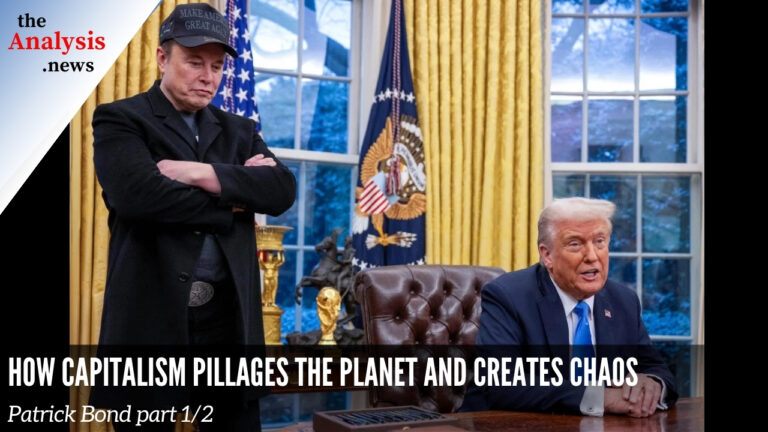
How Capitalism Pillages the Planet and Creates Chaos – Patrick Bond Pt. 1/2
Following decades of ongoing mineral extraction, environmental plunder, and the subsidization of the fossil fuel industry, the second Trump administration’s aggressive pro-drilling agenda unapologetically seeks to seize as many foreign and domestic minerals and dirty energy sources as possible. Patrick Bond, political economist and Director of the Centre for Social Change in Johannesburg, discusses the mix of neoliberalism and paleo-conservatism undergirding Elon Musk’s corporate takeover of the US government. Bond also discusses the motivation behind US Secretary of State Marco Rubio’s decision to skip the solidarity-equality-sustainability G20 in South Africa, and the implications of the US’ withdrawal from international climate agreements, slashing of emissions-reduction goals, and support for destructive carbon-intensive industries.
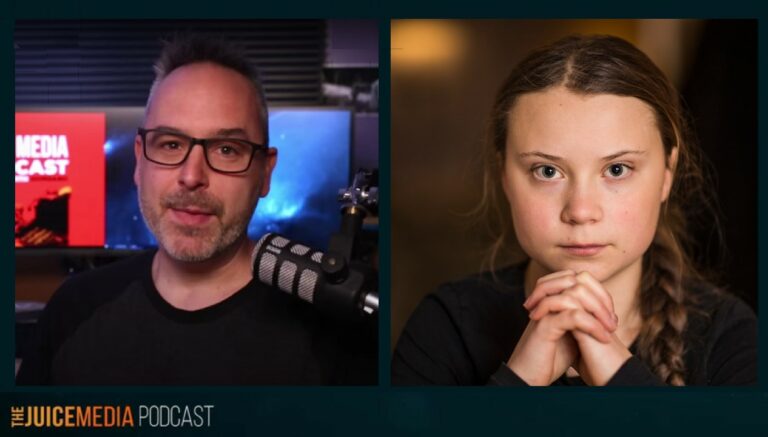
We need to talk about Honesty | with Greta Thunberg
Giordano from Juice Media interviews Greta Thunberg about why there is hope in being brutally honest about the climate crisis.
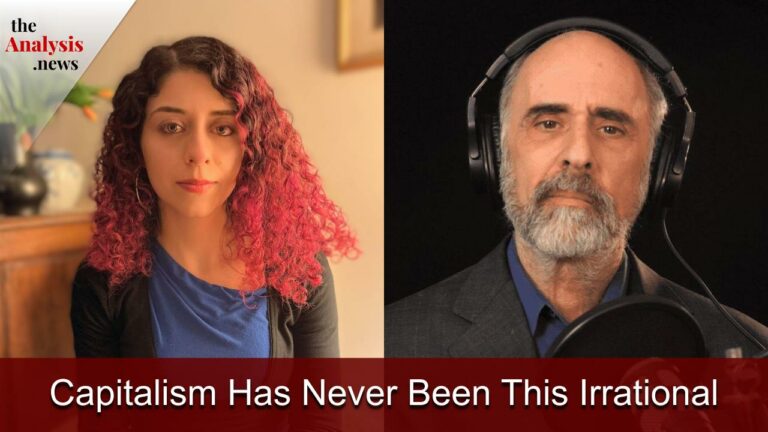
Capitalism Has Never Been This Irrational – Paul Jay (pt 3/3)
Talia Baroncelli interviews Paul Jay; “The financial elites know how dangerous the climate crisis is, but they won’t acknowledge the only solution is central planning, government regulation, and intervention. They know market mechanisms won’t work within a time frame that matters, if at all. They’re not against central planning. What is the Pentagon if not central planning? What is the Fed and bank bailouts if not central planning? Central planning in their interests and under their control is okay. But government planning that transforms the economy and phases out fossil fuel, is unacceptable. They hate any form of socialism more than they hate risking the end of civilization.”
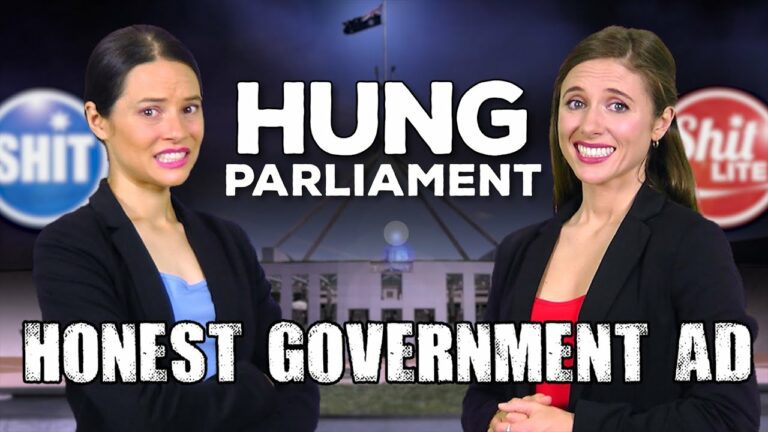
Honest Government Ad | Hung Parliament
The Australien Government has made an ad about Hung Parliaments and its surprisingly honest and informative.
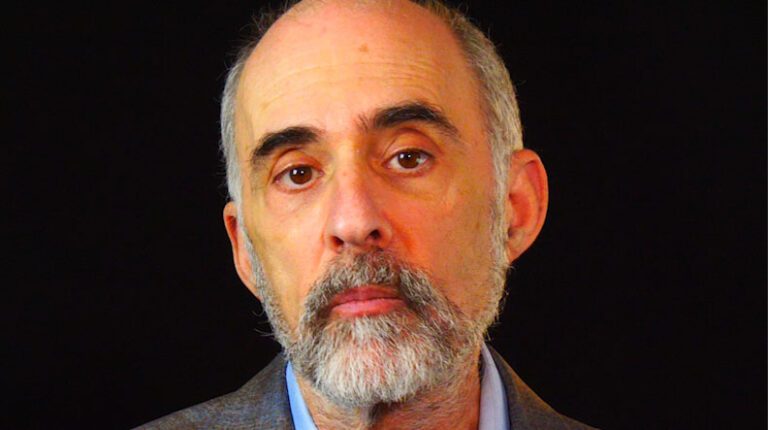
theAnalysis.news in 2022 – Paul Jay
Paul Jay on ‘theatre of the absurd democracy’, and organizing for a vibrant peoples’ movement as the focus for theAnalysis.news in the coming year.

“It Will Take 100 Million Deaths” Hedge Fund Billionaire Warns of AI Threat
Billionaire hedge fund manager Paul Tudor Jones recently warned that artificial intelligence poses an “imminent threat” to humanity, with a 10% chance it could lead to catastrophic loss of life within 20 years. But while Jones acknowledges the danger, he stops short of identifying the real cause: the reckless, profit-driven race among Big Tech firms and national powers to dominate AI at any cost.
We also reveal what Jones doesn’t mention: the growing integration of AI into nuclear command and control systems.
AI doesn’t have to lead us over the edge. Under democratic public ownership, it could help solve the climate crisis—but in the hands of tech monopolies and the military, it could destroy us.

OMG, I loved that “jestesmy chujowi” at the end! :DDD
Spoken like the true “fatcat” G8 hypocritical countries that they are.
Tell us more about our sham democracy, and phoney freedoms.